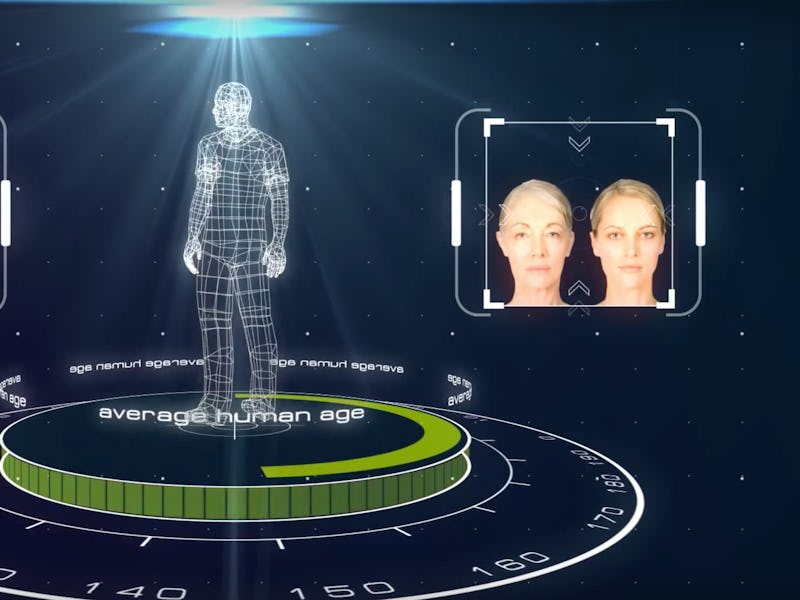Bitcoin Tech Can Let You Decide Who Buys Your Data, Says Medical Startup
Dhas big plans.

“Dr. Z” wants you to sell your data. Alex Zhavoronkov, an expert of aging and biomedicine and the CEO of Insilico Medicine, plans to use the same blockchain-based technologies that underpin the cryptocurrency bitcoin to place medical information back in the hands of consumers.
It’s a bold pitch, but instead of people giving their personal data to Facebook for free and companies paying the social network to get that information, Zhavoronkov wants to cut out the intermediaries and let people choose who gets their information and at what cost.
“Right now, most of the human data is used for advertising, to target you as a consumer,” Zhavoronkov tells Inverse. “Healthcare is very different. If I could sell you a product which gives you great mood for a week without any side effects… it’s a completely different kind of economy and it’s much more altruistic.”
The team has been working on the project since January, in partnership with blockchain company Bitfury. Users can upload all manner of data and sell it on, like shopping preferences, blood type or prescription drug history. If all goes well, the marketplace could launch in February.
A cryptocurrency will determine the value of this data based on how much companies are willing to spend. Those values aren’t known yet, but Insilico claims that companies are currently willing to spend anywhere between $50 and $500 per month for shopping data. There are greater benefits built in for more valuable data, like sets that span over a long time period or data that’s paired, like picture and genome sets.
To ensure the data is of a high quality, the marketplace will use artificial intelligence for quality control, for verifying the authenticity of the data, and for reconstructing incomplete data sets. As an example, if your blood test has 40 parameters and a company needs 50, the A.I. can help generate the other 10.
“People are sharing this data freely, and they don’t understand this data. There are lots of data predators in the world, who are using your data already without you knowing,” Zhavoronkov says. “Blockchain solves this ethical issue because you have control over this data. You choose what you want to license or sell.”
The company is speaking to “some of the top ethicists in the world” to establish this trust from the word go. The marketplace will also only be open to data types that people share freely anyway, ones that would not damage you as a consumer.
“One problem that I see right now is there is a major disconnect between companies that develop valuable products like 23andMe…and consumers that surrender their data,” Zhavoronkov says.
If Zhavoronkov gets his way, those days could soon come to an end.